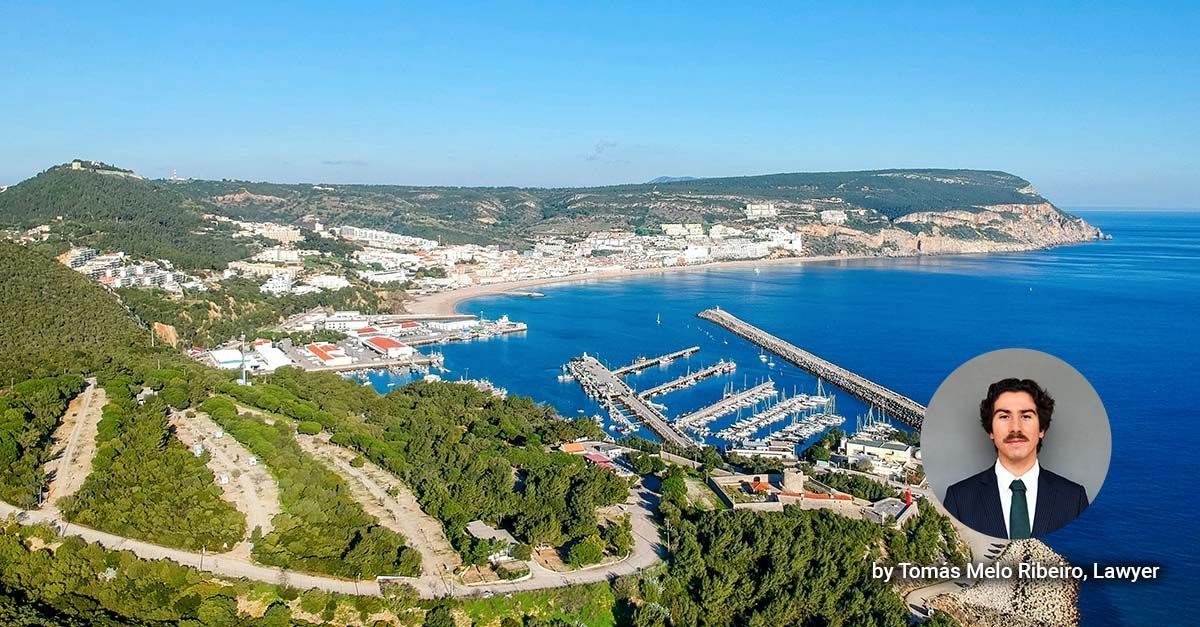European Commission Raises Outlook, Predicts 2.4% GDP Growth for 2023
The European Commission has revised upwards its forecasts for the growth of the Portuguese economy to more than double. It now expects GDP to advance by 2.4% in 2023, as indicated in the spring economic forecasts, earning praise from the European Commissioner for the Economy. This represents an improvement compared to the previously estimated 1% in February and is also more optimistic than the projection of 1.8% growth made by Fernando Medina.
In February, the European Commission's economic forecasts pointed to a GDP growth of 1% for Portugal, which was already an upward revision at that time. As for inflation, it was projected to remain at 5.4% this year. The numbers now show an evolution towards a growth rate of 2.4% in 2023 and an inflation rate of 5.1%, in line with the projections made by the Government in the Stability Program.
After a recovery in the early part of the year, driven by tourism, "economic growth is expected to weaken" in the second quarter but is projected to rise again in subsequent quarters "in the context of a gradual recovery in real disposable income and private consumption," noted the Commission in the Spring forecasts.
A stronger increase in exports than imports is also expected this year, as has already been observed in the early months of 2023, particularly due to the recovery of tourism, which is helping to drive growth. Brussels maintains the forecast of 1.8% growth for Portugal in 2024.
This projected growth for Portugal is "twice the EU average for this year," which stands at 1% in the European Union and 1.1% in the Eurozone, highlighted Commissioner Paolo Gentiloni during the press conference, adding that "we cannot describe this as negative."
Despite the improvement, the most optimistic forecasts for the Portuguese economy still come from the International Monetary Fund (IMF), which expects a growth rate of 2.6% this year. The increased optimism is due to the surprise growth of GDP in the first quarter, which was 1.6% quarter-on-quarter, stronger than expected.
Regarding the deficit, the Commission even predicts a reduction to 0.1% in 2023, remaining unchanged in 2024. This figure is lower than the 0.4% projected for 2023 and 0.2% for 2024 by the Ministry of Finance in the Stability Program. "Tax revenue is the main driver of this growth, particularly indirect taxation, still reflecting the sustained rise in prices," explained Brussels.
Paolo Gentiloni, the European Commissioner for Economic Affairs, highlighted that it is "interesting to note the budget balance, despite a number of significant measures related to energy prices, which have had a substantial impact on the budget," during the press conference. He emphasised that "overall, the balance is better than in other member states," remaining below the 3% of GDP limit.
Regarding the ratio of public debt, the outlook indicates a reduction to 106.2% in 2023 and 103.1% in 2024. Portugal is among the countries experiencing the largest drops in Europe: Greece leads (52 p.p.), followed by Cyprus (41 p.p.), Portugal (32 p.p.), Croatia (25 p.p.), and Ireland (20 p.p.). Even with this reduction, the ratio will still be above 60% of GDP by the end of 2024, which is the target set by EU budgetary rules, and it will also remain above 100%.
The Commission also emphasises that worker remuneration has stagnated in Portugal. It predicts that unemployment will remain at 6.5% in 2023 and 6.3% in 2024, during "a moderate increase in employment and real wages, compensating employees for the loss of purchasing power in 2022."
Source: Eco











